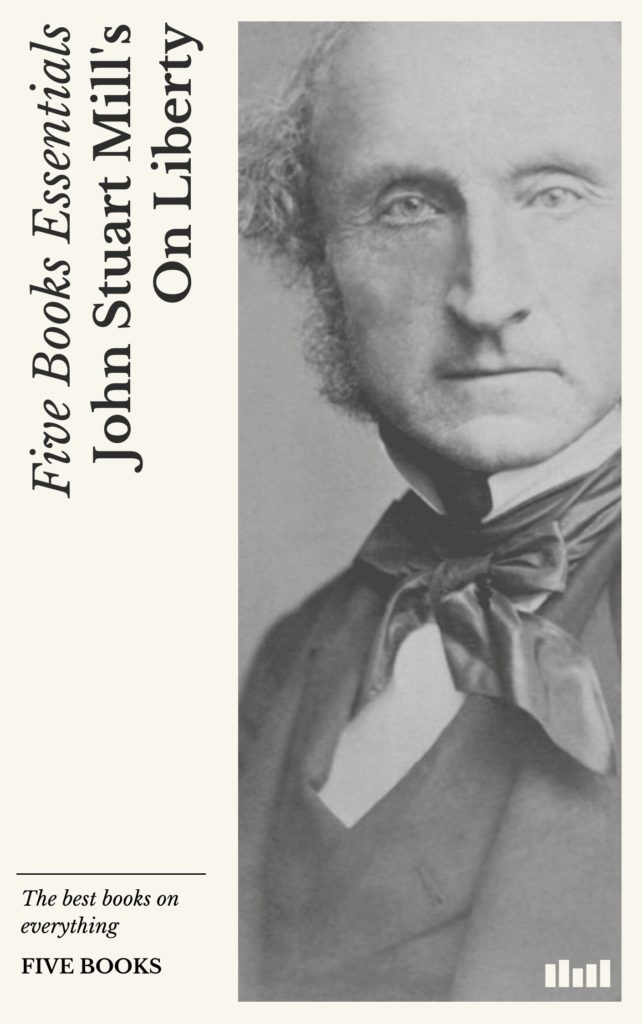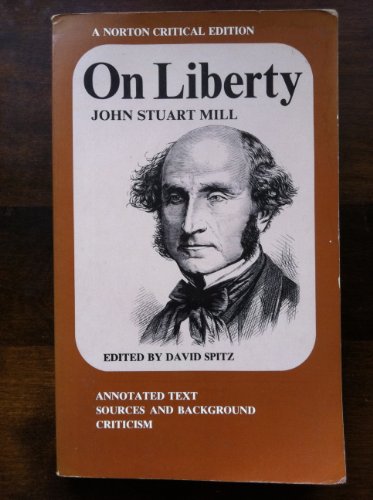

Because of this possibility, society must determine how much public opinion should influence individual liberty and then actively protect itself from the potentially overbearing power of public opinion.

When the majority of a society holds certain opinions about individual conduct and acceptable behavior, it has its own ways of punishing those who go against it. This is called the tyranny of the majority and it can be applied to social situations, too. When a government represents the will of the people, it actually only represents the will of the majority, which is imposed on all members of society regardless of whether it reflects their individual wills or not. However, tyranny isn’t just political-it can be social as well. Historically, the result was that some groups (including Americans) established representative governments with elected leaders that hold temporary positions and can be removed from office if society wills it. From time immemorial, human civilization has been characterized by the struggle between individual liberty and authority, culminating in the idea that liberty really means freedom and protection from tyranny or oppression. John Stuart Mill explains that he wants to explore the question of how much power a society or government can rightly exert over individual lives.


 0 kommentar(er)
0 kommentar(er)
